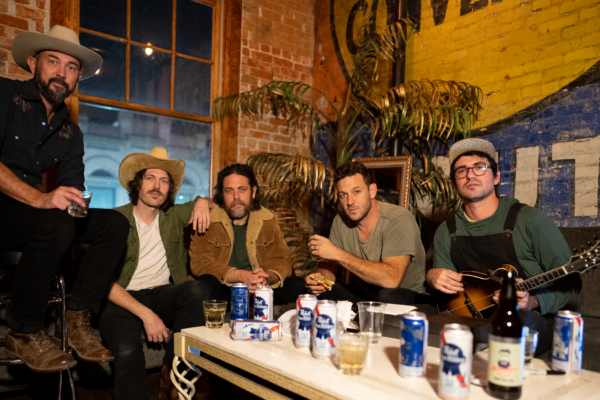November 22, 2024 • The Atlantis • Doors 7:30 pm
Cris Jacobs
Venue Information

(202) 265-0930
2047 9th St NW
Washington, DC 20001
Cris Jacobs
From Baltimore comes Cris Jacobs — an unexpectedly gritty soul-blues singer and guitarist with outlaw country ethos. Blending a variety of musical traditions, Jacobs creates a distinctive voice and sound of his own punctuated by emotive songwriting and explosive guitar playing. Equally at home playing heartfelt Americana ballads or funky blues rockers, Jacobs is known for his mesmerizing live shows, where his improvisational guitar playing, powerhouse band, and deep reservoir of songs make each night a unique experience.
Named one of Rolling Stone’s “10 New Country Artists You Need to Know” in 2017, Jacobs has collaborated with the Grateful Dead’s Phil Lesh and Dumpstaphunk’s Ivan Neville, and earned opening slots on tours with Sturgill Simpson and Steve Winwood.
With three solo albums to his name, a collaborative record with Ivan Neville aptly titled “Neville Jacobs”, songwriting credits that include bluegrass artists Audie Blaylock and Frank Solivan, New Orleans funksters Dumpstaphunk, and gospel legends Blind Boys of Alabama, Jacobs continues to evolve and display his wide range of writing and performing prowess. “No matter the song”, he says, “I just like to keep it soulful and let the music speak for itself”.

